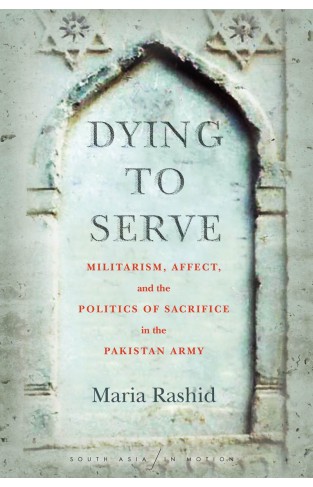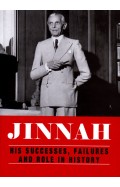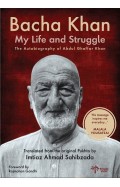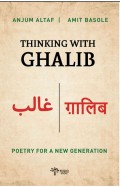- Home
- Books
- Fiction & Literature
- Dying to Serve: Militarism Affect and the Politics of Sacrifice in the Pakistan Army
Dying to Serve: Militarism Affect and the Politics of Sacrifice in the Pakistan Army
By: Maria Rashid
-
Rs 995.00
Due to constant currency fluctuation, prices are subject to change with or without notice.
The Pakistan Army is a uniquely powerful and influential institution, with vast landholdings and resources. It has deep roots in the colonial armed forces and relies heavily on certain regions to supply its soldiers, especially parts of rural Punjab, where men have served in the army for generations. These men, their wives and mothers, and the military culture surrounding them are the focus of Maria Rashid's Dying to Serve, which innovatively and sensitively addresses the question: how does the military thrive when so much of its work results in injury, debility, and death? Taking ritual commemorations of fallen soldiers as one critical site of study, Rashid argues that these "spectacles of mourning" are careful manipulations of affect, gendered and structured by the military to reinforce its omnipotence in the lives of its subjects. Grounding her study in the famed martial district of Chakwal, Rashid finds affect similarly deployed in recruitment and training practices, as well as management of death and compensation to families. She contends that understanding these affective technologies is crucial to challenging the appeal of the military institution globally.
The Pakistan Army is a uniquely powerful and influential institution, with vast landholdings and resources. It has deep roots in the colonial armed forces and relies heavily on certain regions to supply its soldiers, especially parts of rural Punjab, where men have served in the army for generations. These men, their wives and mothers, and the military culture surrounding them are the focus of Maria Rashid's Dying to Serve, which innovatively and sensitively addresses the question: how does the military thrive when so much of its work results in injury, debility, and death? Taking ritual commemorations of fallen soldiers as one critical site of study, Rashid argues that these "spectacles of mourning" are careful manipulations of affect, gendered and structured by the military to reinforce its omnipotence in the lives of its subjects. Grounding her study in the famed martial district of Chakwal, Rashid finds affect similarly deployed in recruitment and training practices, as well as management of death and compensation to families. She contends that understanding these affective technologies is crucial to challenging the appeal of the military institution globally.
Dying to Serve: Militarism Affect and the Politics of Sacrifice in the Pakistan Army
By: Maria Rashid
Rs 995.00 Ex Tax :Rs 995.00
Zubin Mehta: A Musical Journey (An Authorized Biography)
By: VOID - Bakhtiar K. Dadabhoy
Rs 840.00 Rs 1,050.00 Ex Tax :Rs 840.00
Jinnah: His Successes, Failures and Role in History
By: Ishtiaq Ahmad
Rs 4,495.00 Ex Tax :Rs 4,495.00
Womansplaining Navigating activism politics and modernity in Pakistan
By: Sherry Rehman
Rs 995.00 Ex Tax :Rs 995.00
Jinnah: His Successes, Failures and Role in History
By: Ishtiaq Ahmad
Rs 4,495.00 Ex Tax :Rs 4,495.00
Womansplaining Navigating activism politics and modernity in Pakistan
By: Sherry Rehman
Rs 995.00 Ex Tax :Rs 995.00
No recently viewed books available at the moment.
Zubin Mehta: A Musical Journey (An Authorized Biography)
By: VOID - Bakhtiar K. Dadabhoy
Rs 840.00 Rs 1,050.00 Ex Tax :Rs 840.00
Dying to Serve: Militarism Affect and the Politics of Sacrifice in the Pakistan Army
By: Maria Rashid
Rs 995.00 Ex Tax :Rs 995.00
Jinnah: His Successes, Failures and Role in History
By: Ishtiaq Ahmad
Rs 4,495.00 Ex Tax :Rs 4,495.00
Womansplaining Navigating activism politics and modernity in Pakistan
By: Sherry Rehman
Rs 995.00 Ex Tax :Rs 995.00














-120x187.jpg?q6)














-120x187.jpg?q6)



-120x187.jpg?q6)